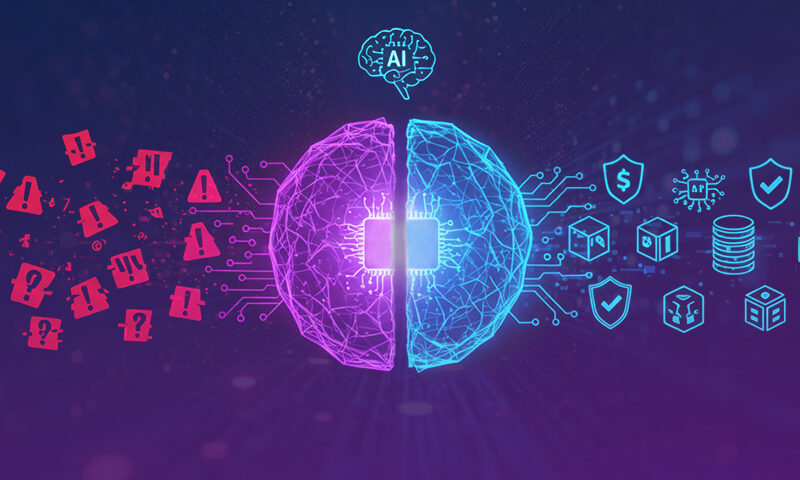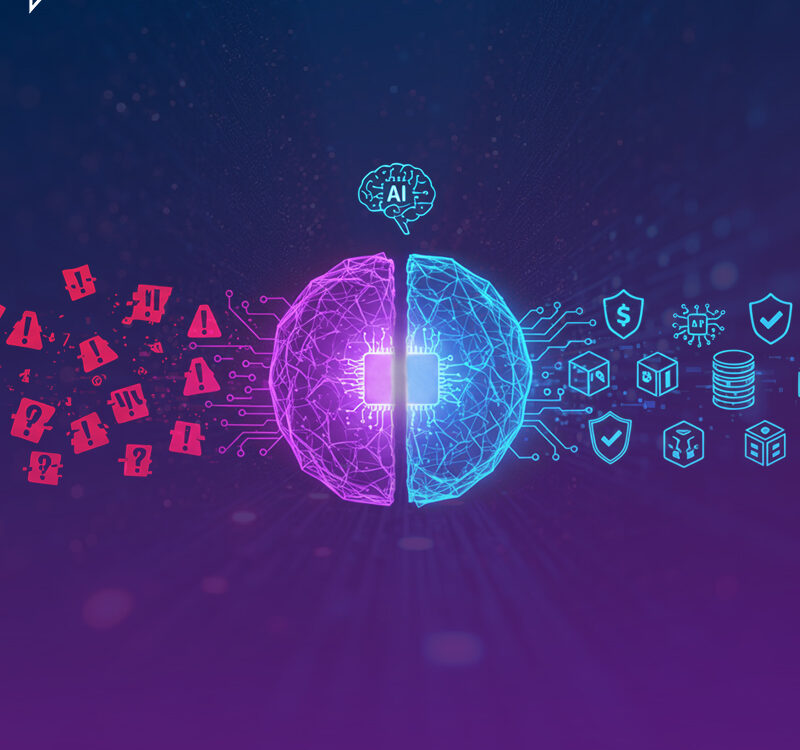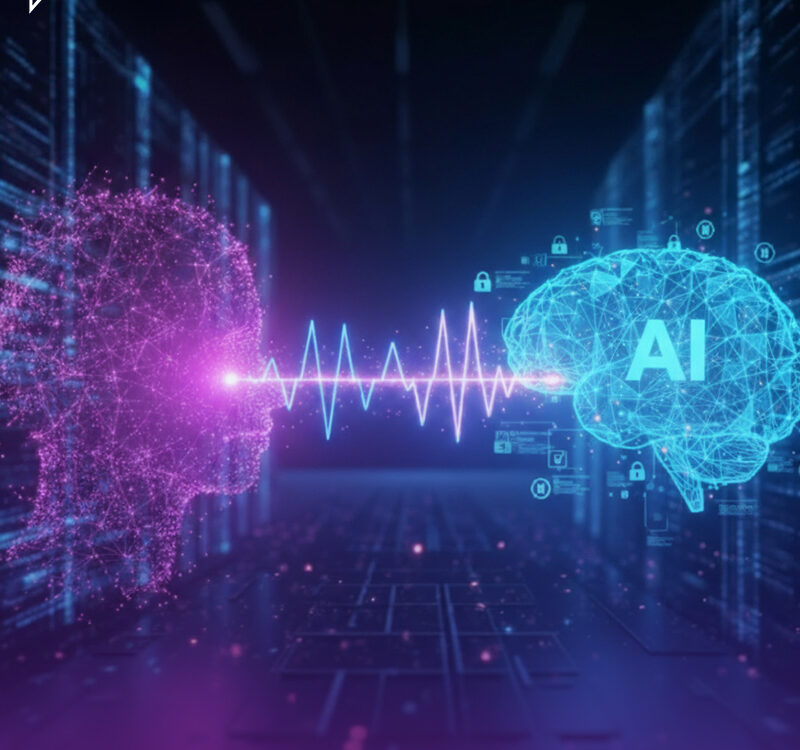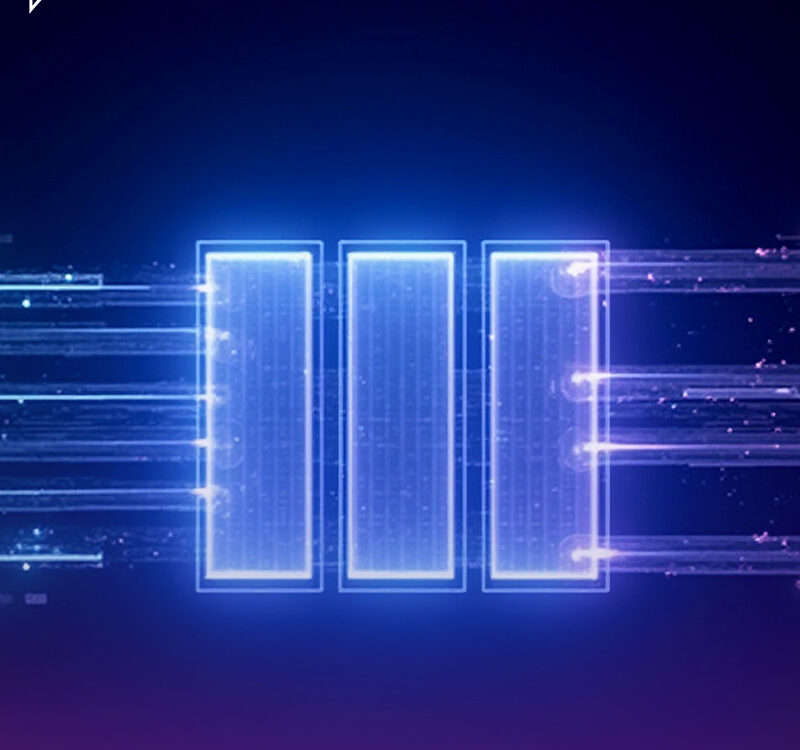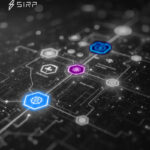
Track and Improve Security Outcomes: Measurable Impact of AI-Driven Response Workflows
March 21, 2025
AI That Listens, Learns, and Improves: The Future of Incident Remediation
March 24, 2025
Track and Improve Security Outcomes: Measurable Impact of AI-Driven Response Workflows
March 21, 2025
AI That Listens, Learns, and Improves: The Future of Incident Remediation
March 24, 2025The Unseen Struggle in Security Teams
The alerts never stop. Every morning, security analysts log into dashboards flooded with notifications. Some are routine, others look suspicious, but hidden among them could be a real, coordinated attack. The problem? Sifting through the noise takes too long.
For years, security teams have fought two battles at once—one against attackers, and another against inefficiencies in their own workflows. Too many alerts, too little context, and endless false positives mean valuable time is lost. Investigations that should take minutes drag into hours, while adversaries move faster than security teams can respond.
That’s where AI Agents step in. They don’t replace analysts or automate remediation—but they provide the intelligence needed to make faster, more effective security decisions.
Beyond Automation: AI as a Security Force Multiplier
Security teams have used automation for years—SIEM rules, playbooks, and predefined workflows that help speed up response times. But these solutions have limits. Traditional automation follows static rules and lacks the contextual awareness needed to adapt to new threats.
AI Agents go beyond traditional automation by analyzing security data in real time, correlating alerts, and providing recommendations tailored to the organization’s unique risk environment.
How AI Agents Improve Productivity Without Replacing Analysts
Eliminate alert fatigue by filtering false positives and prioritizing real threats.
Accelerate investigations by connecting data points across systems and identifying attack chains.
Improve decision-making by analyzing past incidents and advising the best next steps.
Rather than automating execution, AI Agents empower security teams to work smarter—enabling them to respond faster with confidence.
Where AI Agents Make the Biggest Impact
1. Speeding Up Threat Investigations
Every security incident starts with the same question: What happened?
The answer, however, can take hours to uncover.
Security teams spend too much time manually piecing together alerts, reviewing logs, and cross-referencing threat intelligence. AI Agents streamline this process by automatically correlating related alerts, enriching data with context, and surfacing the most critical insights.
Example:
A user logs in from an unusual location. Hours later, a sensitive file is accessed.
- Before AI: These events would be separate alerts—analysts might not see the connection until damage is already done.
- With AI: The system flags a pattern consistent with account compromise and advises immediate escalation.
This approach doesn’t replace human decision-making—it enhances it by ensuring analysts focus on the right threats, faster.
2. Prioritizing Threats That Matter Most
Not all alerts are equal—but in most SOC environments, they are treated that way. Security teams often face a backlog of high-priority alerts, even when many pose little risk.
AI Agents analyze:
Historical attack patterns to determine if an alert is part of a known attack strategy.
Business impact to prioritize threats based on the criticality of affected assets.
Analyst feedback to refine risk scoring over time.
Example:
Two alerts come in—one for an employee logging in from a new device, another for privilege escalation on a critical database.
- Without AI: Analysts manually investigate both, wasting time on the lower-priority event.
- With AI: The system flags the privilege escalation as a critical risk, ensuring it is addressed first.
This risk-based prioritization prevents teams from wasting hours on low-impact incidents.
3. Optimizing Security Workflows Without Automating Execution
Security teams don’t need full automation—they need better guidance. AI Agents help optimize workflows by advising analysts on the most effective remediation paths without taking control.
Example:
A malware infection is detected. AI Agents analyze the situation and suggest:
- Isolating the affected endpoint based on similar past incidents.
- Scanning other endpoints for potential lateral movement.
- Reviewing recent user activity for suspicious behavior.
Unlike traditional automation, nothing is executed automatically—security teams remain in control. AI simply presents the best response options, ensuring no critical step is overlooked.
4. Anticipating Attacks Before They Escalate
Most security tools are reactive—they alert after an attack is already underway. AI Agents shift the balance by identifying early-stage attack patterns, giving security teams a chance to stop threats before they cause damage.
Example:
AI detects a spike in access requests from multiple users, all originating from different locations. This matches patterns seen in past credential-stuffing attacks.
- Without AI: Analysts would only see individual failed logins, missing the broader attack strategy.
- With AI: The system highlights the trend, identifies affected accounts, and advises immediate containment measures.
This predictive capability ensures analysts act on threats before they escalate into full-blown breaches.
Real-World Impact: How AI Agents Transform Security Teams
🔹 Before AI Agents:
- Analysts spend 60% of their time manually investigating alerts.
- 45% of alerts are false positives, draining SOC resources.
- Security teams are constantly in reactive mode, always playing catch-up.
🔹 After AI Agents:
- False positives reduced by 50%, allowing teams to focus on real threats.
- Incident investigation time cut by 40-60%, leading to faster resolution.
- Analysts shift from alert triage to strategic threat prevention.
AI + Humans: The Future of Security Operations
AI is not here to replace security teams—it’s here to make them more effective. AI Agents act as force multipliers, giving analysts the context and intelligence they need to act faster, with greater confidence.
As threats continue to evolve, so must security operations. Organizations that embrace AI-driven recommendations today will be the ones best prepared for tomorrow’s challenges.
Ready to Supercharge Your Security Team?
If your security team is spending more time sorting through alerts than stopping threats, it’s time for a smarter approach.
AI-powered security isn’t about automation—it’s about intelligence. Let’s build a more efficient, proactive, and high-impact security operation together.
Book a demo today and see AI Agents in action.

